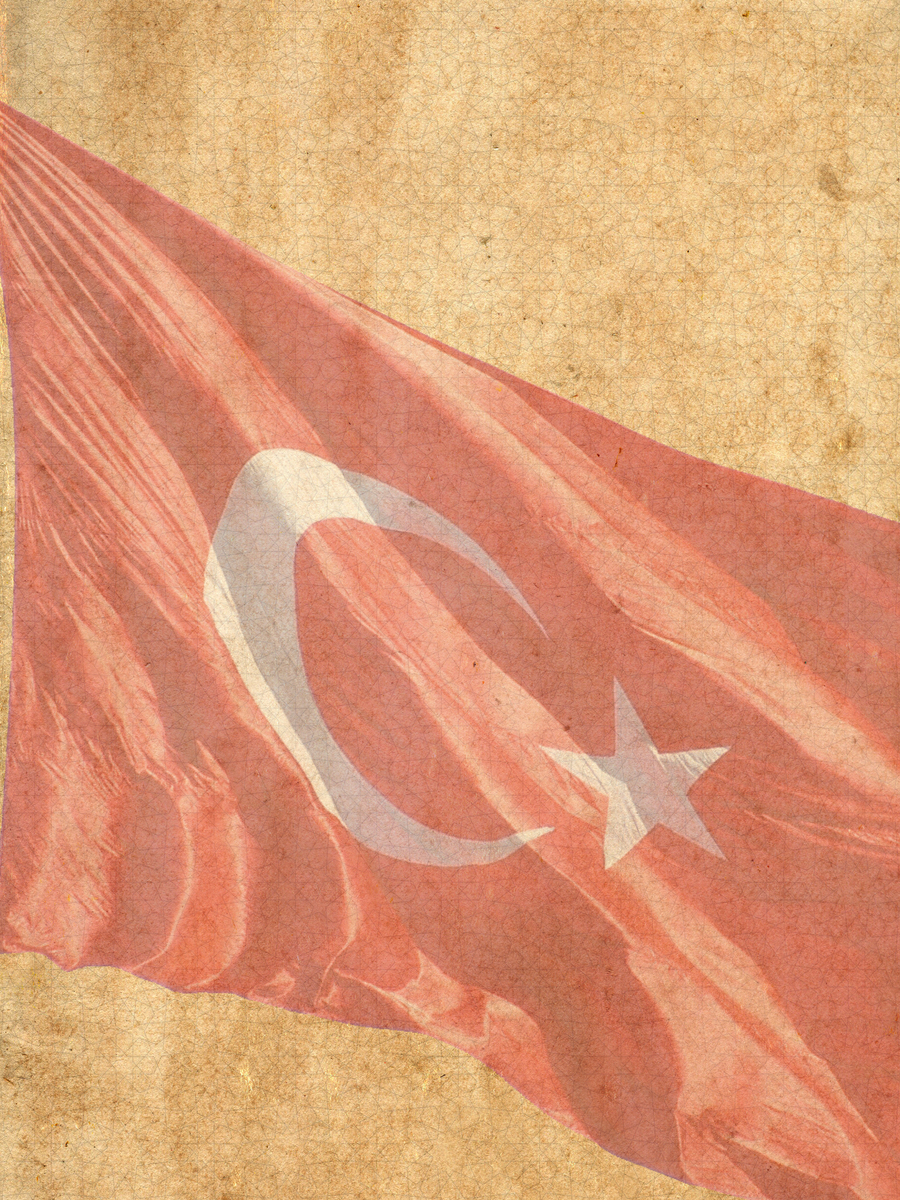

KORGENERAL
Lieutenant General
KÂZIM KARABEKİR
1882-1948
Korgeneral Kâzım KARABEKİR 1882 yılında İstanbul’da doğdu. Harp Okulundan 1902 yılında teğmen, devam ettiği Harp Akademisinden 1905 yılında kurmay yüzbaşı olarak mezun oldu. 19 Ağustos 1907’de kurmay kıdemli yüzbaşı, 26 Nisan 1912’de kurmay binbaşı oldu. 1911 yılına kadar ordunun çeşitli kademelerinde görev yaptı. 15 Ocak 1911’de 4’üncü Edirne Kolordusu 10’uncu Edirne Tümeni Kurmaylığına, 9 Haziran 1912’de ek görev olarak vekâleten Bulgar sınırı Edirne Kısmı Komiserliğine atandı. Daha sonra bir süre Alman Islah Heyeti refakatinde bulundu. 22 Haziran 1913’te Balkan Savaşı’nda Edirne Savunması’nda Bulgarlara esir düştü; aynı yıl esaretten döndü. 2 Aralık 1913’te zarar ve ziyanların tespiti için teşkil edilen Karma Komisyonda görevlendirildi. 8 Ocak 1914’te Genelkurmay 2’nci Şubede müdür yardımcılığına, daha sonra Genel Karargâh 2’nci Şube İstihbarat Müdürlüğüne atandı. 7 Aralık 1914’te kurmay yarbaylığa terfi etti. 1’inci Seferî Kuvvetler komutanı iken 6 Mart 1915’te 5’inci Kolordu 14’üncü Tümen Komutanlığına tayin edildi. 10 Kasım 1915’te 6’ncı Ordu kurmay başkanı olarak atanan KARABEKİR, 14 Aralık 1915’te kurmay albaylığa yükseldi. 27 Nisan 1916’da 18’inci Kolordu komutanı, 8 Nisan 1917’de 2’nci Kolordu komutanı, 27 Aralık 1917’de 1’inci Kafkas Kolordusu komutanı olarak atandı. 28 Temmuz 1918’de tümgeneralliğe terfi etti. 25 Aralık 1918’de 14’üncü Kolordu komutanı, 2 Mart 1919’da 15’inci Kolordu komutanı olarak görevlendirildi. 14 Haziran 1920’de Doğu Cephesi komutanı oldu. Bu görevinde iken Ermeni Hükûmeti ile yapılan Gümrü Barış Konferansı’nda ve Sovyet Rusya ile yapılan Kars Konferansı’nda Türk heyetinin başkanlığını yaptı. 31 Ekim 1920’de korgeneralliğe terfi eden KARABEKİR, 21 Ekim 1923’te Doğu Cephesi Komutanlığının lağvı üzerine 1’inci Ordu Müfettişliğine (Komutanlığına) atanmakla beraber, aynı zamanda milletvekili olduğundan, Büyük Millet Meclisinin kararıyla 19 Aralık 1923’te izinli sayıldı. 31 Ekim 1924’te 1’inci Ordu Müfettişliğinden istifa ederek 1 Mart 1927 tarihine kadar milletvekilliği görevine devam etti ve bu dönem Mecliste Terakkiperver Cumhuriyet Partisinin liderliğini yaptı. 5 Aralık 1927’de emekliye ayrıldı. Türkiye Büyük Millet Meclisinde I ve II. Dönem Edirne milletvekili, V ve VII. Dönem İstanbul milletvekili, 1946-1948 yıllarında Türkiye Büyük Millet Meclisi Başkanlığı görevlerinde bulundu. Osmanlı Devleti ve Alman İmparatorluğu tarafından verilen çeşitli nişan ve madalyalar ile TBMM tarafından verilen İstiklal Madalyası sahibi olan Korgeneral Kâzım KARABEKİR, 25 Ocak 1948’de vefat etmiştir.
Lieutenant General Musa Kâzım KARABEKİR was born in Istanbul in 1882. He graduated from the Military Academy as a lieutenant in 1902 and from the Military Academy in 1905 as a staff captain. He became a staff senior captain on August 19, 1907, and a staff major on April 26, 1912. He served in various ranks of the military until 1911. On January 15, 1911, he was appointed to the 10th Edirne Division Staff Office affiliated with the 4th Edirne Corps, and on June 9, 1912, he was appointed as the Commissioner of the Edirne Section on the Bulgarian border. Later, he accompanied the German Reform Committee. On June 22, 1913, he was captured by the Bulgarians in the Defense of Edirne during the Balkan War; he returned from captivity the same year. On December 2, 1913, he was appointed to the Joint Commission established for the determination of damages and losses. On January 8, 1914, he was appointed deputy director of the 2nd Division of the General Staff and later director of intelligence for the General Headquarters 2nd Division. On December 7, 1914, he was promoted to lieutenant colonel. While he was commander of the 1st Expeditionary Force, he was appointed commander of the 5th Army Corps, 14th Division, on March 6, 1915. Appointed as the 6th Army Chief of Staff on November 10, 1915, KARABEKİR was promoted to staff colonel on December 14, 1915. He was appointed commander of the 18th Army Corps on April 27, 1916; commander of the 2nd Army Corps on April 8, 1917; and commander of the 1st Caucasian Corps on December 27, 1917. On July 28, 1918, he was promoted to major general and was appointed commander of the 14th Army Corps on December 25, 1918, and commander of the 15th Corps on March 2, 1919. On June 14, 1920, he became commander of the Eastern Front. While in this position, he led the Turkish delegation at the Gyumri Peace Conference with the Armenian Government and the Kars Conference with Soviet Russia. Promoted to lieutenant general on October 31, 1920, KARABEKİR was appointed as the Inspector (Commander) of the 1st Army upon the abolition of the Eastern Front Command on October 21, 1923, and since he was also a Member of Parliament, he was considered on leave on December 19, 1923, by the decision of the Turkish Grand National Assembly. On October 31, 1924, he resigned from the 1st Army Inspectorate and continued to serve as a Member of Parliament until March 1, 1927; meanwhile, he assumed the leadership of the Progressive Republican Party in Parliament. He retired on December 5, 1927. He represented Edirne in the Ist and IInd terms of the Turkish Grand National Assembly, as representative of Istanbul in the Vth and VIIth terms, and as Speaker of the Turkish Grand National Assembly between 1946 and 1948. Lieutenant General Musa Kâzım KARABEKİR, who was conferred various orders and medals by the Ottoman State and the German Empire and was also given the Medal of Independence by the Turkish Grand National Assembly, passed away on January 25, 1948, in Ankara.
.png)





